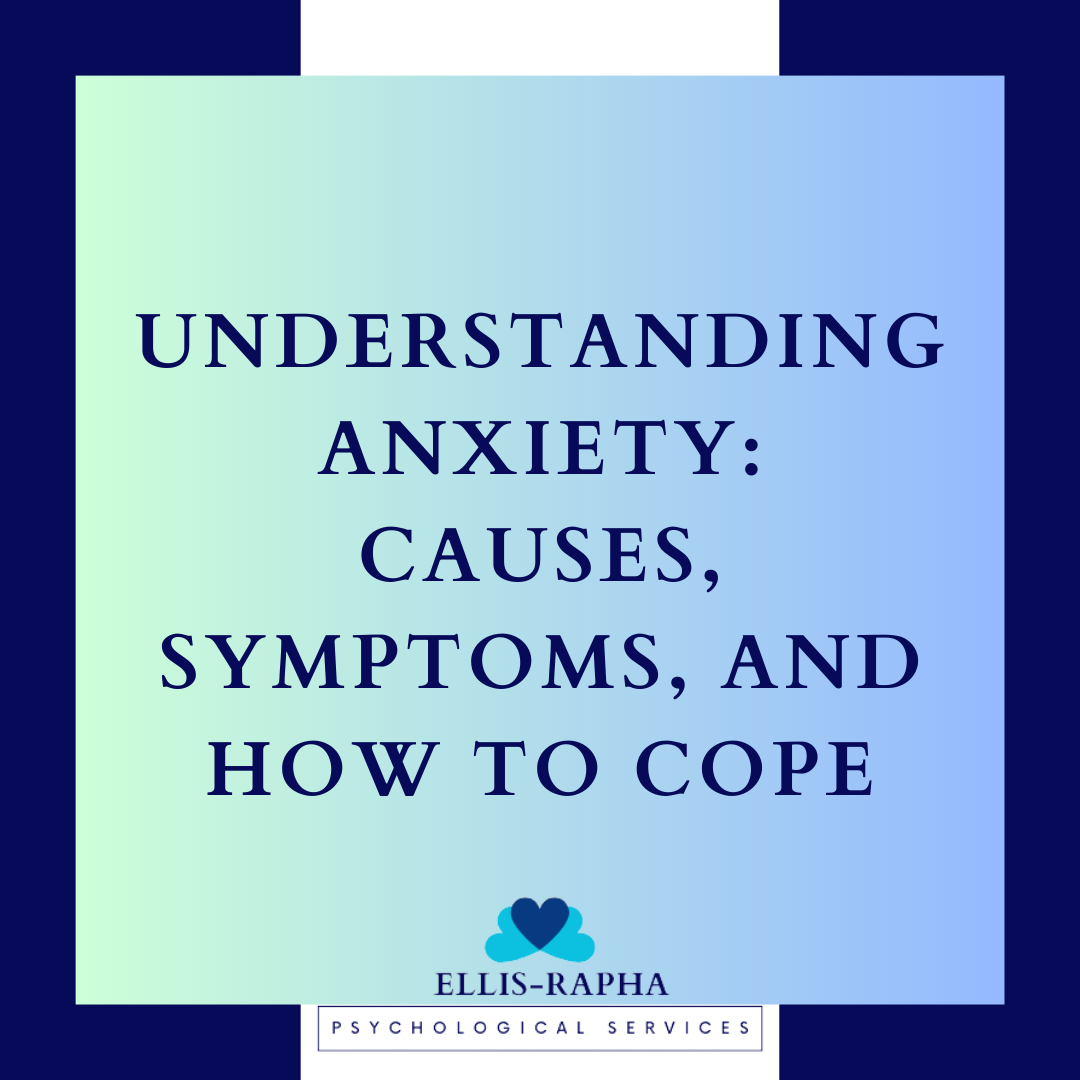Anxiety is a common mental health condition that affects millions of people worldwide. It can manifest in a variety of ways, from constant worrying to panic attacks, and can significantly impact a person’s quality of life. While some level of anxiety is normal, excessive anxiety can be debilitating.
What is anxiety?
Anxiety is a feeling of unease, worry, or fear that is often accompanied by physical symptoms such as a rapid heartbeat, sweating, and trembling. Anxiety is a natural response to stress and is a normal part of life. However, when anxiety becomes excessive and begins to interfere with daily activities, it may be a sign of an anxiety disorder. Anxiety disorders affect millions of people worldwide, and understanding the causes, symptoms, and treatment options is crucial to managing the condition.
Causes:
There are many factors that can contribute to the development of anxiety, including genetics, environmental factors, and life experiences. For example, people with a family history of anxiety disorders are more likely to develop anxiety themselves. Additionally, traumatic life events, such as abuse or the death of a loved one, can trigger anxiety. Certain medical conditions, such as thyroid disorders and heart disease, can also cause anxiety.
Symptoms:
The symptoms of anxiety can vary widely, but some common signs include excessive worry, restlessness, irritability, difficulty concentrating, muscle tension, and sleep disturbances. Physical symptoms can also occur, such as sweating, palpitations, and shortness of breath. Panic attacks, which involve sudden and intense periods of fear, can also be a symptom of anxiety disorders.
How to Cope with Anxiety
The good news is that anxiety is treatable, and there are many ways to manage it. The first step is to seek professional help, such as therapy or prescribed medication. Therapy can help you identify and address the underlying causes of your anxiety, while medication can help alleviate symptoms.
There are also many self-help techniques that can be effective in managing anxiety. These include:
Relaxation techniques: Deep breathing, progressive muscle relaxation, and visualization can help you relax and reduce anxiety.
Exercise: Regular exercise is an effective way to reduce anxiety. It releases endorphins, which are natural mood boosters.
Mindfulness: Practicing mindfulness techniques, such as meditation, can help you stay present in the moment and reduce anxiety.
Social support: Talking to friends and family members about your anxiety can provide emotional support and help you feel less alone.
Lifestyle changes: Making lifestyle changes such as getting enough sleep, eating a healthy diet, using stress-management techniques, and reducing caffeine and alcohol intake can also help reduce anxiety.
Treatment options: Anxiety disorders can be treated with a combination of therapy, medication, and lifestyle changes.
In conclusion, anxiety is a common mental health condition that can significantly impact a person’s quality of life. It is important to understand what anxiety is, what causes it, and how to cope with it. Seeking support from a mental health professional can also be helpful as well as utilizing self-help techniques such as relaxation techniques, exercise, mindfulness, social support, and lifestyle changes can all be effective in managing anxiety. Remember, you are not alone in your struggles with anxiety, and help is available.


